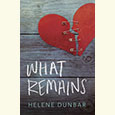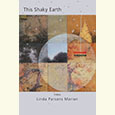We, the Swimmers
Julie Otsuka’s perspective-bending novel should be our call to action
From the first page, Julie Otsuka’s third novel, The Swimmers, teaches readers how to read this book.
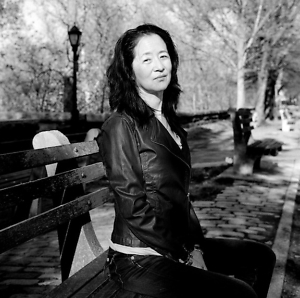
We start with a simple, omniscient description of the pool — “located deep underground” — but the narrator quickly shifts to the first-person plural perspective, with the use of “we” and “us” to represent a group of amateur swimmers who frequent this particular pool. It isn’t often that novels dare speak for an entire group, but Otsuka is familiar with this move. Her 2011 novel, The Buddha in the Attic, took a similar approach to speak on behalf of Japanese “picture brides,” young women who immigrated from Japan to the U.S. in the early 1900s to marry Japanese-American men they only knew through photographs. That novel garnered her the PEN/Faulkner Award for Fiction, and I expect The Swimmers to do just as well, or better.
The Swimmers is a novel told in five sections, and the first two inhabit the collective consciousness of the same group of amateur swimmers. Starting with the third section, the perspective shifts to a close third-person point of view following one swimmer, then to a second-person narrative (“you”) from an institution, and last but not least, second-person again from the daughter of one of the swimmers. This sounds more complicated than it actually reads on the page. Otsuka’s gorgeous prose takes readers through each of these important stories sentence by sentence, like a gentle coach swimming in a pool alongside you.
Otsuka’s choice to feature swimmers (as opposed to other amateur hobbyists like a community orchestra or teammates of a group sport) works perfectly in a literary setting because of the combination of intimacy and privacy a pool offers. Swimmers must be vulnerable enough to let strangers see them in swimsuits, but once they get in their lane and start doing whatever stroke they’re comfortable with, they get to be in their own worlds.
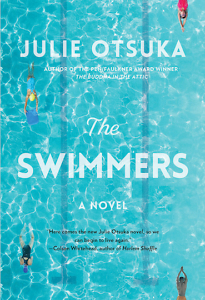 The pool in The Swimmers is not your typical pool at the Y (no children allowed), and it’s not a high-end pool on the rooftop of some skyscraper. This underground pool is for serious swimmers, used by professional athletes during certain hours of the day, but the people we meet in the novel are the amateur adults, varying in age, gender, occupations, personalities, wants, and needs.
The pool in The Swimmers is not your typical pool at the Y (no children allowed), and it’s not a high-end pool on the rooftop of some skyscraper. This underground pool is for serious swimmers, used by professional athletes during certain hours of the day, but the people we meet in the novel are the amateur adults, varying in age, gender, occupations, personalities, wants, and needs.
Here’s what the swimmers sound like: “If too much time is spent up above, we become uncharacteristically curt with our colleagues, we slip up on our programs, we are rude to waiters.” When a crack is found at the bottom of the pool, it catalyzes anxiety, paranoia, devastation, but also compassion on a collective level: “Perhaps the crack has been there all along, just waiting to make itself known to us.” “Several of us worry that the crack might somehow be our own fault.” “We are kinder now, more yielding. … Because we are all equals now in the face of our common end.”
For a slim book, The Swimmers is a heavy read that left me in a kind of existential daze, but one I don’t regret having.
In late June of this year, a Wisconsin school board rejected Otsuka’s When the Emperor Was Divine — her award-winning 2002 debut novel about a Japanese-American family sent to a WWII internment camp, loosely based on the experience of Otsuka’s own family. School board members claimed that adding this book to the curriculum would create an “unbalanced” account of what happened, and they would need to pair the book with a perspective from the U.S. government. One of the many outraged parents quipped back that “the other side is racism.”
Though The Swimmers was published before this incident, the novel feels prescient in that it reads like Otsuka’s attempt to get through to readers, like the members of the Wisconsin school board, who have been wired to fear anything labeled “diverse” or “non-white.” The Swimmers is the cleverest kind of bait-and-switch: We begin with a group of swimmers defined not by race but a shared hobby. By the time we hone in on one particular swimmer, we are invested enough that we can’t help but continue.
Otsuka responded to the school board incident to express her disappointment in true writerly fashion, pointing out that reading stories from diverse writers is a “radical act of empathy” and that we can learn “to be more compassionate human beings — by reading about people who are different from us.”
In this light, the choice of the collective “we” in The Swimmers feels like an important act of resistance in a time of political divisiveness and looming book bans by school boards across the country. As an avid reader, writing teacher, and mother of two Tennessee-born Japanese Americans who now share a history with generations of Japanese Americans who came before them, I hope that more people will turn to Otsuka’s work as an exercise in radical empathy.
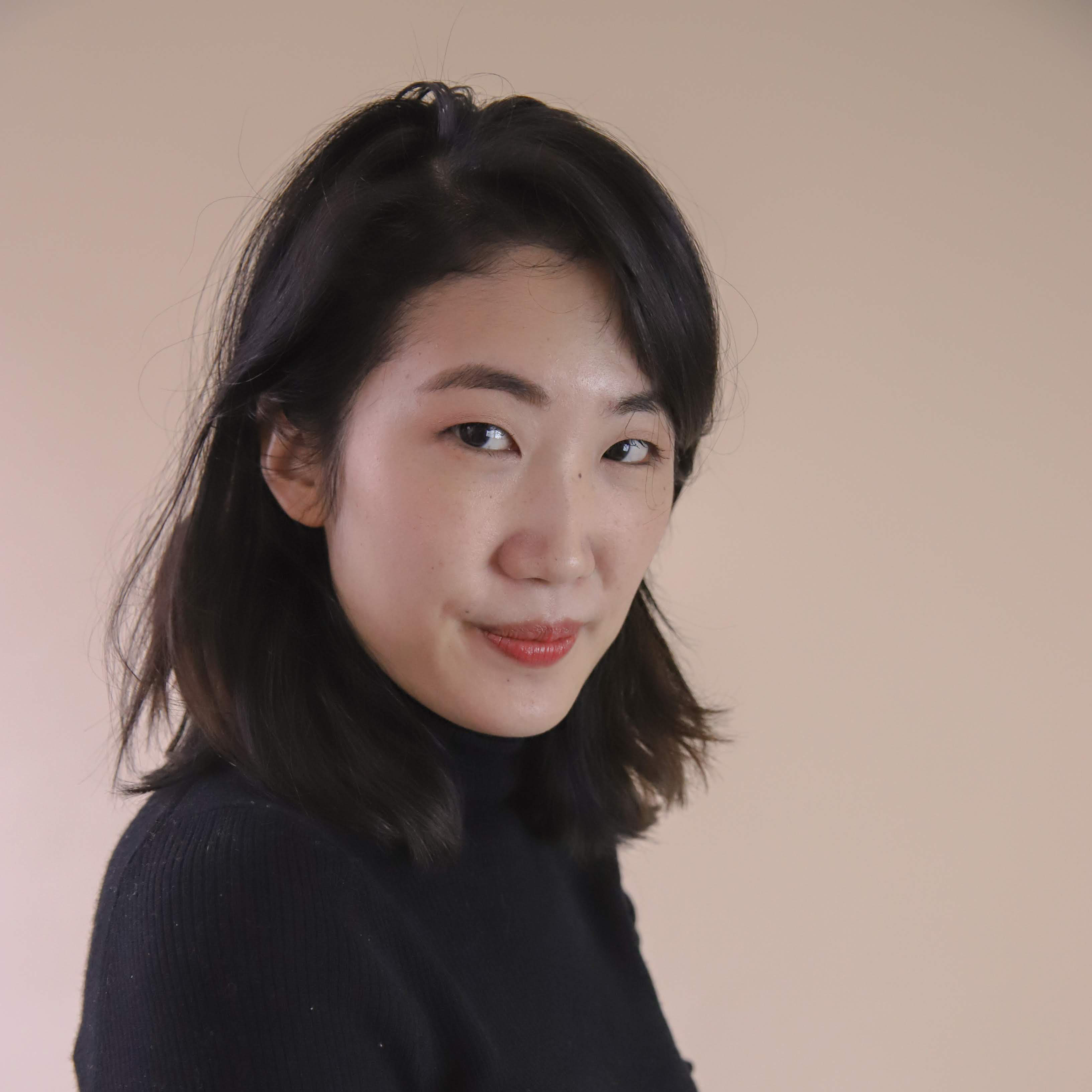
Yurina Yoshikawa holds an M.F.A. from Columbia University and teaches fiction and nonfiction writing at The Porch. Originally from Tokyo, she spent 10 years in New York before moving to Nashville in 2017. Her writing has appeared in The Japan Times, The Pinch, The Tennessean, and elsewhere. She was the winner of the 2020 Tennessee True Stories Contest and a 2021 recipient of the Tennessee Arts Commission’s Individual Artist Fellowship. She lives in Inglewood with her husband and two sons.

